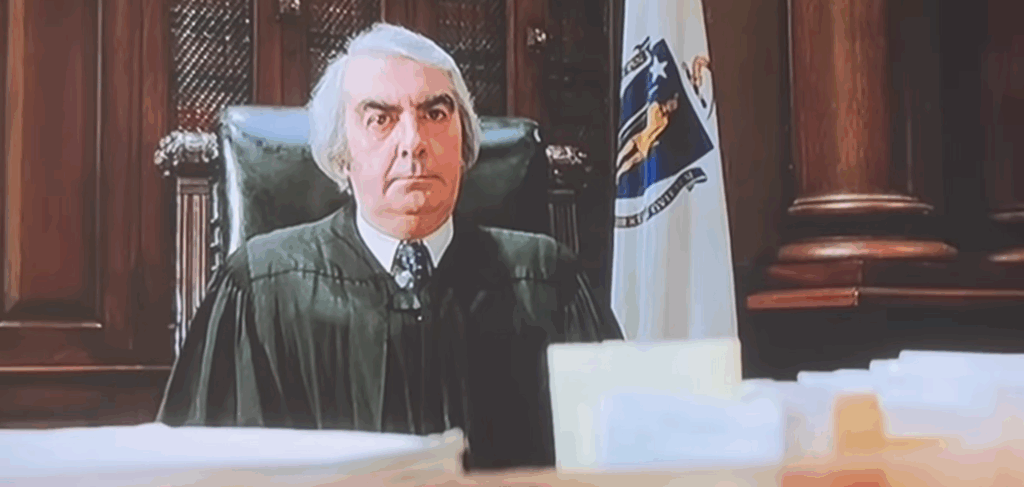Trump-nominated judge strikes down Texas electoral maps because Trump’s DOJ took notes on its criminal fuckin’ conspiracy

The Supreme Court, as is well known, has created subconstitutional rules that essentially makes discrimination against disfavored minorities legal unless the public official responsible is dumb enough to admit it in legal documents. Because Trump has been systematically firing all of the competent lawyers in the Department of Justice, this is exactly what they did:
In a decision that could potentially reshape the 2026 midterm elections and cement the Democratic Party’s future control of the US House, a federal court just struck down the gerrymandered Texas maps that President Donald Trump pressured that state to enact. If the decision holds, it could cost Republicans as many as five House seats.
And that’s not all. The most remarkable thing about the three-judge panel’s decision in League of United Latin American Citizens (LULAC) v. Abbott is that it turns on an incompetent decision by Trump’s own administration.
As Judge Jeffrey Brown, a Trump appointee, explains in the court’s opinion, Texas lawmakers initially “didn’t have much appetite to redistrict on purely partisan grounds” — even as Trump urged them to do so. But Texas Republicans appear to have changed their mind after the Justice Department sent a letter last July to Texas’s top officials, which demanded that the state redraw several districts to change their racial makeup.
That letter, as I’ll explain in more detail below, misread a federal appeals court opinion to mean that the state was required to remake its maps. According to Judge Brown’s opinion, “it’s challenging to unpack the DOJ Letter because it contains so many factual, legal, and typographical errors.” He added that “even attorneys employed by the Texas Attorney General — who professes to be a political ally of the Trump Administration — describe the DOJ Letter as ‘legally[] unsound,’ ‘baseless,’ ‘erroneous,’ ‘ham-fisted,’ and ‘a mess.’”
In reality, the Supreme Court has long held that “if a legislature gives race a predominant role in redistricting decisions, the resulting map” is subject to the most skeptical level of constitutional review and “may be held unconstitutional.” When the Justice Department told Texas to redraw several of its congressional districts to change their racial makeup, it ordered Texas to give “race a predominant role.” Oops.
Notably, the Court has held that this restriction on maps that predominantly rely on race can be found in the Constitution itself, not in federal statutes like the Voting Rights Act. So, even if the Supreme Court guts the Voting Rights Act, as it is expected to do during its current term, that will not undermine the panel’s decision in LULAC.
Key Texas officials, moreover, appear to have embraced the DOJ’s call to redraw the state’s maps for racial reasons. As Brown writes, “though the Trump Administration’s plea to redistrict for political reasons failed to gain any immediate traction, the Administration’s demand that Texas redistrict for racial reasons achieved quick results.” Just two days after the DOJ sent its letter, “Governor Abbott issued a proclamation adding the following item to the agenda for the upcoming special legislative session: ‘Legislation that provides a revised congressional redistricting plan in light of constitutional concerns raised by the U.S. Department of Justice.’”
Abbott, in other words, specifically convened the state legislature to comply with the Justice Department’s demand for a racial gerrymander.
The most likely outcome here is that the Roberts Court uses the shadow docket to leap to the rescue of the Republican Party without having to explain itself. But I guess that there’s the possibility, like the corrupt judge in The Verdict getting a brief, disorienting pang of conscience when he learns that the doctors he had been shilling for really did destroy the woman’s life through negligence, that there are limits to how ridiculous they’re willing to be made to look.


